When you hear the word “India,” you might picture a kaleidoscope of festivals, colors, and ancient temples. But underneath that vibrant surface lies a complex spiritual map. Not every tradition that calls itself Indian is centered on a deity, and some blend belief and philosophy in ways that surprise outsiders. This article untangles the main Indian religions, showing which of them actually believe in God, how they describe the divine, and where they differ.
Understanding the Indian Religious Landscape
India is home to more than 30,000 distinct faith communities. Scholars typically group them into three broad categories:
- theistic traditions that affirm a supreme being or multiple deities,
- non‑theistic paths that focus on moral law or enlightenment without a creator, and
- animistic or tribal practices that worship spirits tied to nature.
Because many of these groups have lived side‑by‑side for millennia, ideas about God often blend, making it essential to look at each tradition on its own terms.
Hinduism: A Spectrum from Monism to Polytheism
Hinduism is a major Indian religion that embraces a wide array of beliefs about the divine. At one end, the Advaita Vedanta school teaches that a single, formless reality calledBrahman underlies everything. On the other, countless deities-Vishnu, Shiva, Devi, Ganesha, and dozens more-receive daily worship in temples and homes. The flexibility allows devotees to see God as a personal deity, an impersonal absolute, or both at once.
Key attributes of Hindu belief in God:
- Multiplicity: Over 33million deities are mentioned across scriptures.
- Immanence and Transcendence: Gods can be present in every atom (immanent) while also existing beyond the universe (transcendent).
- Personal Relationship: Bhakti (devotion) traditions encourage a loving bond with a chosen deity.
Because of this plurality, Hinduism unquestionably falls under the category of theistic Indian religions.
Sikhism: One God, One Path
Sikhism is a monotheistic faith founded in the 15thcentury by Guru Nanak in Punjab. The Guru Granth Sahib describes a single, formless, timeless Creator calledWaheguru. Sikh doctrine rejects the worship of idols, emphasizing that God is beyond any physical representation.
Core beliefs about God in Sikhism:
- God is one-*IkOnkar*-and pervades all of creation.
- Divine grace is accessible to everyone, regardless of caste or gender.
- Prayer (NaamSimran) focuses on remembering the divine Name rather than visual symbols.
This clear monotheism makes Sikhism a definitive example of an Indian religion that believes in God.
Buddhism: A Non‑Theistic Path (with Regional Variations)
Buddhism arrived in India around the 6thcenturyBCE via Siddhartha Gautama, the Buddha. Classical Theravada Buddhism teaches that liberation (Nirvana) is achieved by understanding the Four Noble Truths-not by invoking a creator god. However, Mahayana and Vajrayana schools that later spread across Asia often incorporate bodhisattvas and celestial Buddhas, which can feel like deities to lay practitioners.
Key points on belief in God within Buddhism:
- Original teachings are non‑theistic; the Buddha never claimed to be a god.
- Later traditions sometimes revere figures such as Amitābha as transcendent beings, but they are not creators.
- In India, most Buddhist communities historically followed the non‑theistic model.
Overall, Buddhism is generally classified as a non‑theistic Indian tradition, though regional adaptations may blur the line.
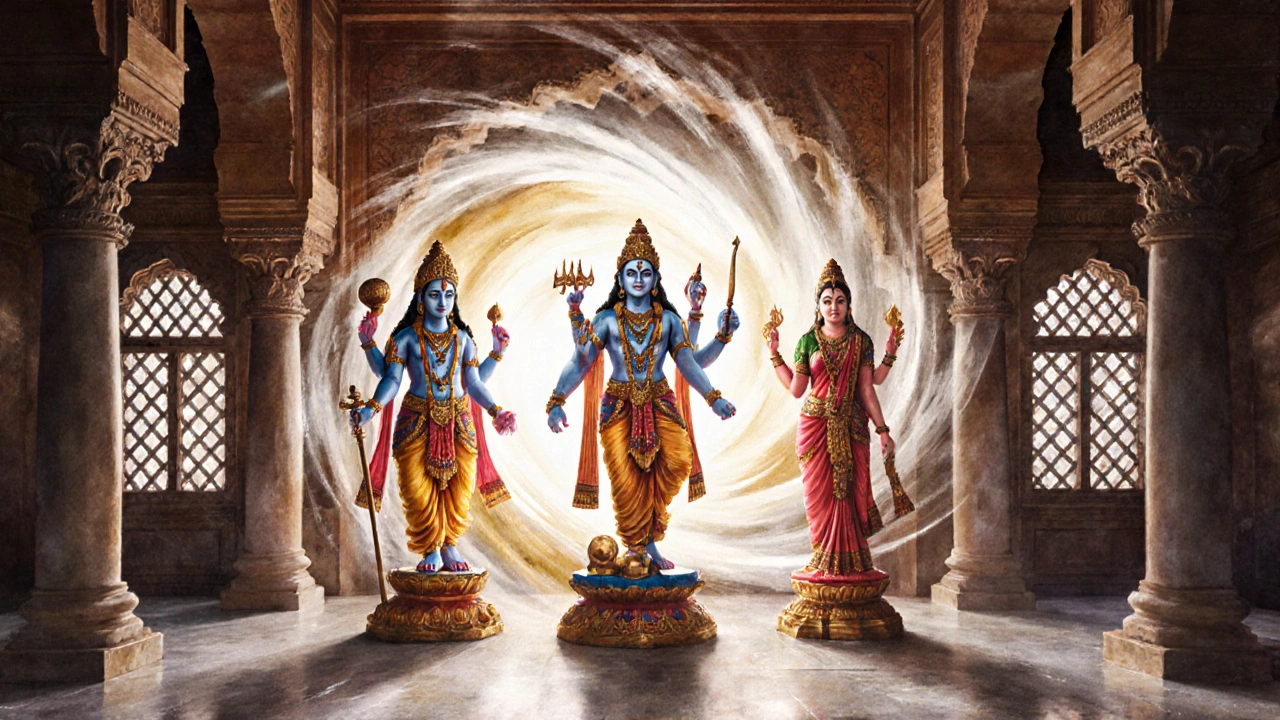
Jainism: Atheistic Ethics
Jainism emerged in the 6thcenturyBCE alongside Buddhism. Jain philosophy posits an eternal universe governed by natural laws (karma) without a creator deity. Liberated souls (Siddhas) exist, but they are not gods-they are perfected beings free from birth and death.
Why Jainism does not fit into theistic categories:
- It denies the existence of a supreme creator.
- Spiritual progress relies on strict ethical conduct and self‑discipline.
- Deities, if mentioned, are considered powerful beings, not omnipotent creators.
Thus, Jainism is a clear example of a major Indian religion that does **not** believe in God.
Islam in India: Strict Monotheism
Islam arrived in the Indian subcontinent in the 7thcenturyCE through trade and later conquests. The Qur’an professes absolute monotheism-*Tawhid*-asserting that Allah is the sole, uncreated God. Indian Muslims practice the same five pillars found worldwide, with local cultural flavors added in festivals like Eid‑ul‑Fitr.
Key attributes of Islamic belief in God within India:
- One indivisible God (Allah) who is all‑knowing and merciful.
- Prohibition of any representation of God.
- Daily prayers (Salat) focus on direct communion with God.
Islam is undeniably a theistic Indian religion.
Christianity in India: Faith in One Savior
Christianity has been present in India since the purported arrival of St. Thomas the Apostle in 52CE. Believers accept the Holy Trinity-Father, Son, and Holy Spirit-as three persons sharing one divine essence. The central claim is that God became incarnate in Jesus Christ.
Distinctive features of Christian belief in God in the Indian context:
- One God expressed in three distinct persons.
- Scripture (the Bible) guides worship and moral teaching.
- Indian churches often blend local music and art with liturgical practices.
Christianity, therefore, is a monotheistic tradition within the Indian religious tapestry.
Other Minor Traditions: Zoroastrianism, Parsi, and Tribal Animism
Zoroastrianism, practiced by the Parsi community in India, venerates AhuraMazda as the supreme creator. While the number of adherents is small, the faith is clearly monotheistic.
Conversely, many tribal groups across central and eastern India follow animistic practices-worshipping spirits of rivers, trees, and ancestors. These traditions usually do not posit a single omnipotent deity, so they fall outside the theistic classification.
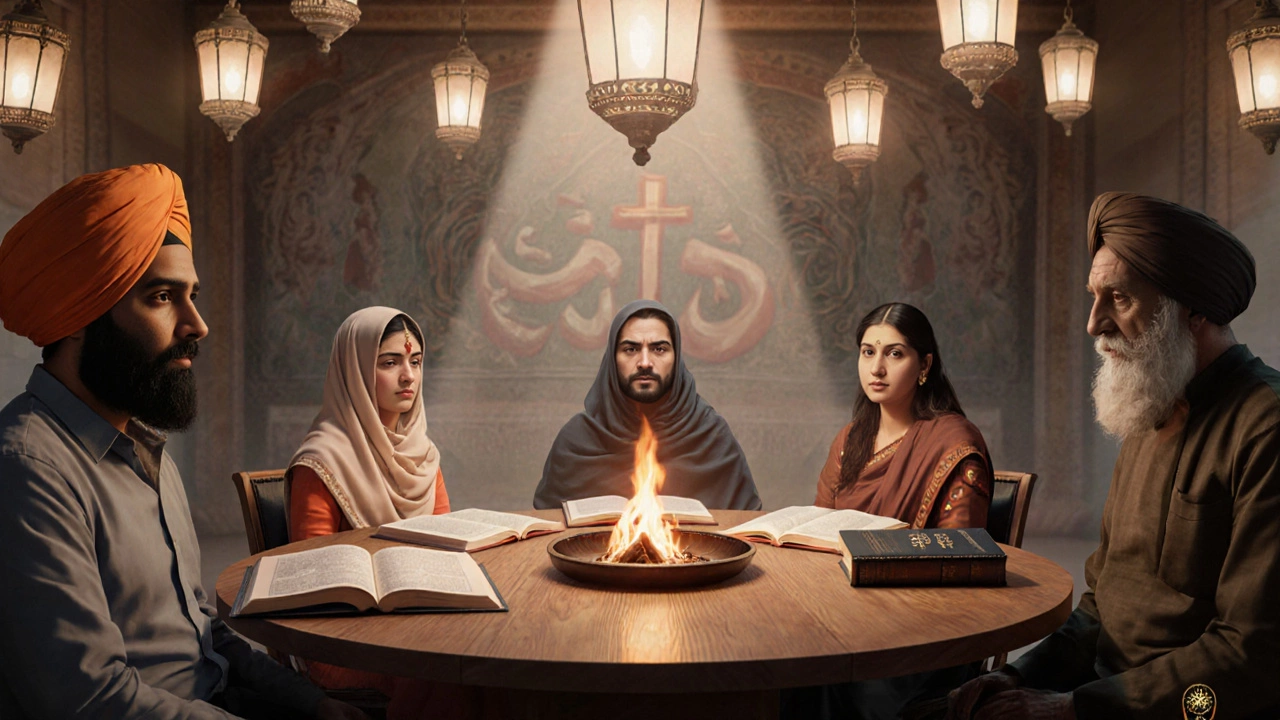
Quick Comparison of Belief in God
| Religion | Theistic? | Type of Divinity | Key Scripture(s) |
|---|---|---|---|
| Hinduism | Yes | Polytheistic & Monistic (Brahman) | Vedas, Upanishads, BhagavadGita |
| Sikhism | Yes | Monotheistic (Waheguru) | GuruGranthSahib |
| Islam (Indian) | Yes | Monotheistic (Allah) | Qur’an |
| Christianity (Indian) | Yes | Monotheistic (Trinity) | Bible |
| Zoroastrianism (Parsi) | Yes | Monotheistic (AhuraMazda) | Avesta |
| Buddhism | Generally No | Non‑theistic (no creator) | Tripiṭaka |
| Jainism | No | Atheistic (no creator) | Agamas |
| Tribal Animism | Varies | Spirit‑world focus | Oral traditions |
Common Misconceptions
People often assume that all Indian faiths are polytheistic because of the many statues and festivals visible in daily life. In reality, monotheism thrives in India just as strongly, especially within Sikhism, Islam, Christianity, and Zoroastrianism. Another myth is that Buddhism and Jainism reject spirituality altogether. Both traditions are profoundly spiritual-they simply channel that spirituality toward self‑realization rather than worship of a creator.
Next Steps for Curious Readers
- Visit a local temple, gurdwara, mosque, or church to observe how worship differs across traditions.
- Read primary texts-like the BhagavadGita or GuruGranthSahib-to hear the divine described in the followers’ own words.
- Explore regional festivals (Diwali, Vaisakhi, Eid, Christmas) to see how belief in God manifests in community celebrations.
- Consider joining interfaith dialogue groups, many of which operate in major Indian cities and online.
Frequently Asked Questions
Do all Hindus believe in the same God?
No. Hinduism accommodates both monotheistic worship (e.g., devotion to Vishnu or Shiva as the supreme) and polytheistic practices that honor many deities. The underlying philosophy often points to a single ultimate reality-Brahman-while allowing personal forms for devotees.
Is Sikhism considered a sect of Hinduism?
No. Sikhism was founded as a distinct faith in the 15thcentury, emphasizing belief in one formless God and rejecting idol worship. While it shares cultural roots with Hinduism, its theology and scriptures are separate.
Can Buddhists pray to gods?
Traditional Theravada Buddhism does not involve praying to a creator god. However, some Mahayana and Vajrayana traditions reverence celestial Buddhas and bodhisattvas, which can resemble devotional prayer but are not seen as all‑powerful creators.
Do Jains accept any kind of god?
Jains reject a supreme creator God. They acknowledge powerful beings called devas, but these are mortal in the cosmic sense and not responsible for the universe’s origin.
What is the biggest theistic religion in India by numbers?
Hinduism, with roughly 80percent of the population, is by far the largest theistic tradition. Islam follows as the second‑largest monotheistic faith, making up about 14percent of Indians.
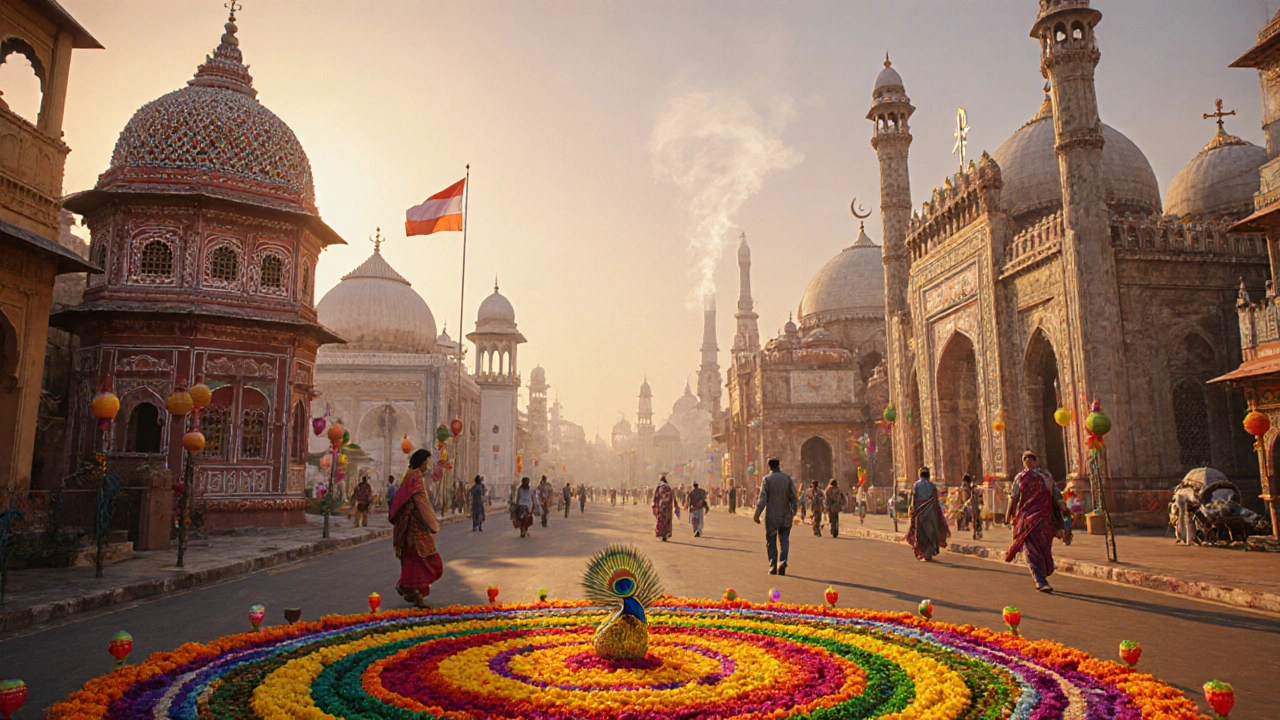

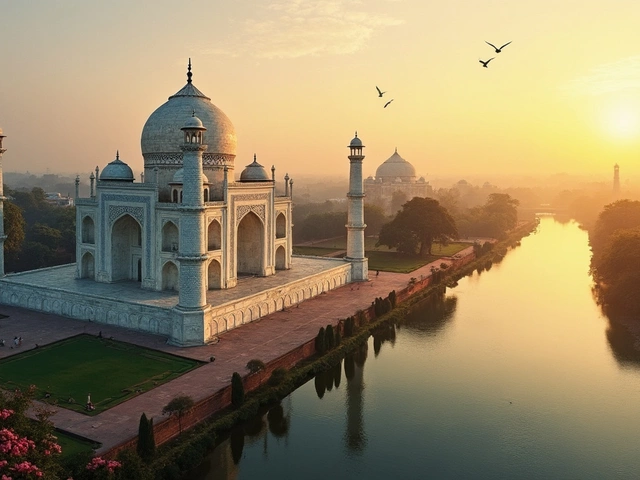
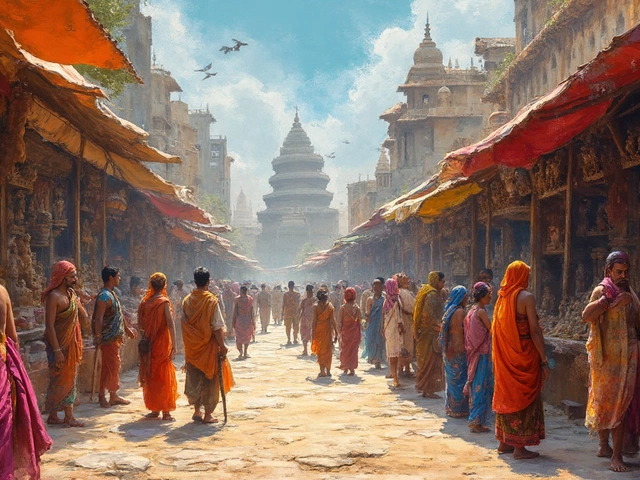

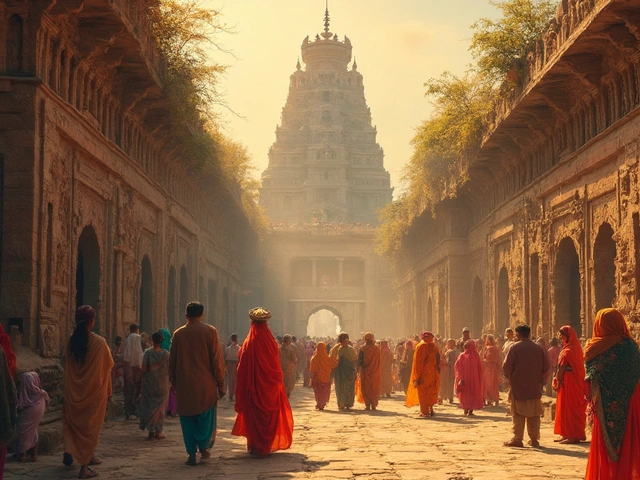
Write a comment